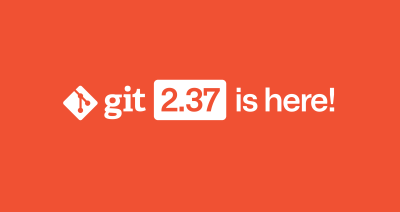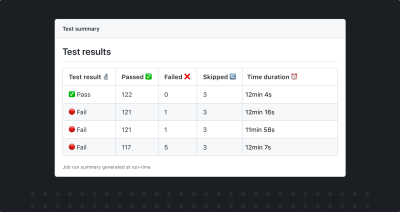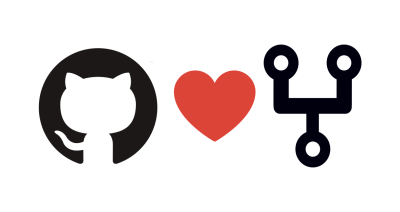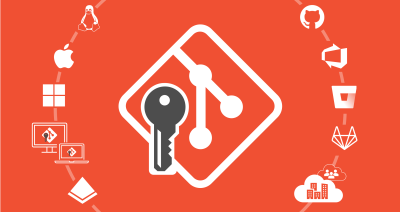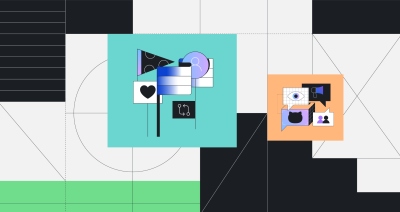
Managing a game dev community with GitHub Actions
A Little Game Called Mario is an open source, collectively developed hell project. Anyone and everyone is welcome to contribute their unique talents to make both the player and developer experience more enjoyable. Find out how the collective leverages GitHub Actions to manage this wonderful little community.


